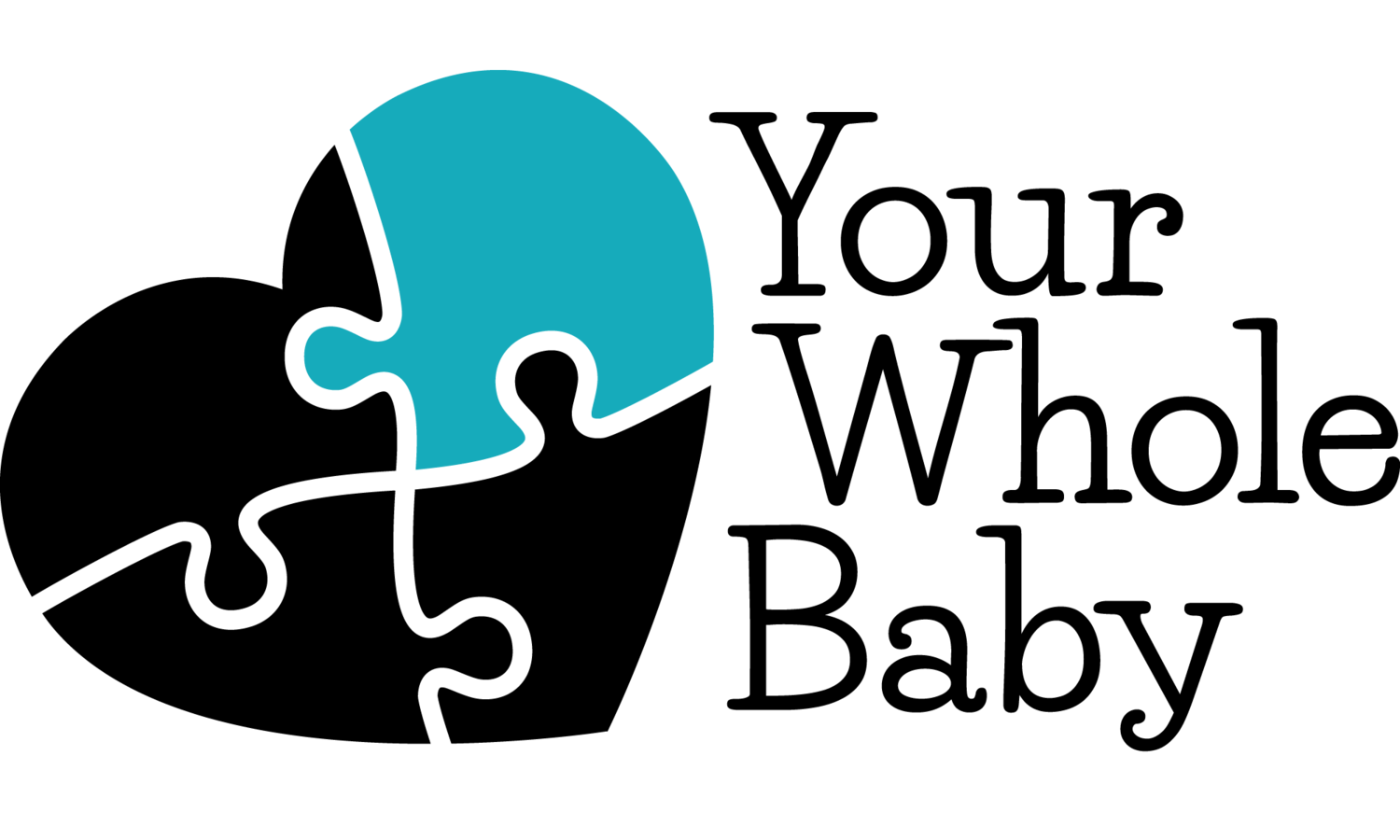Justice for Myself
Hello, I’m Stephanie. I’m a transwoman, and I was circumcised when I was 1 month old.
I began transitioning around 27, expecting to be on hormones by 30, but life always got in the way.
I stayed in denial about circumcision having harmed me or robbed me of anything (as happens with many people who are victims of circumcision). I stayed that way until I was about 29. When I found out what I had lost, I was furious. I spent the next few years arguing on Facebook and connecting with the intactivist community.
In 2013, my transition had gone so far that I couldn’t go any further without my parents knowing. This scared me. Would they accept me? Would I be kicked out? Part of me didn’t even want to find out. So I moved out of their house and in with three transwomen. That very day, I made three trips between my old house and my new place, went to Walmart and bought a TV stand, put it together, and had a new bed delivered. By evening, I broke down. In tears, I called my mom and told her everything. We talked for a while, and we hung up after she assured me she didn’t reject me. Then she called me back to tell me she had shared information about my transition with my sister, and my sister didn’t reject me, either. We talked a for a bit and we hung up again. My mom called yet again, this time to tell me that my dad didn’t reject me, either. Hearing this made me feel better, but left me wondering what “not being rejected” meant exactly. My mom asked me to move back home, and I agreed.
“I wanted justice for myself over what I lost.”
Over the years I learned a lot more about circumcision and began confidently arguing facts and figures with great passion. I won some people over; others refused to listen. In 2015, the Canadian election season was in full swing and I was driven to meet with all the candidates in my local riding to discuss circumcision. I wrote a document that referenced both the Canadian Charter of Rights and the U.N. Universal Declaration of Human Rights, as well as medical texts, scientific studies, and commentary on religious issues.
Beyond my political actions, I wanted justice for myself over what I lost. First, I tried twice to file criminal charges against the doctor who cut me (I’ll just refer to him as the doctor from now on), but both times I was turned away because what he did was within the bounds on Canadian law. I set up a meeting with a lawyer in the hopes of suing him, but the statute of limitations had passed well before I was no longer in denial about what had happened to me. Still wanting SOMETHING, I grasped onto the idea of filing a human rights complaint. I was already feeling down, so this was a last thread of hope for me, but sadly, I discovered I would have had to file within one year of the incident. I would have had to file a human rights complaint by the time I was one year and one month old, which was obviously not possible. More recently, I tried two more times to file criminal charges with the police (bringing the total amount of times I attempted to do so to four), only to be turned down again. I broke down crying after the third time. . .
“Altering an infant’s genitals at birth strips their autonomy and sexuality from them immediately.”
I was angry. I wanted to hurt the doctor, but I couldn’t. To help myself process and heal, I planned to write him a letter I would not actually send. The letter I wrote was non-threatening, and helped me get my words and feelings out on paper. I wound up mailing it to him express post. Mail tracking let me know it was delivered just before Christmas! I was giddy that he read my letter and now knows how my circumcision harmed me.
I continue to have a relationship with my family. My parents still call me by my old name, use male pronouns, and refer to me as their son, but in all other ways they are supportive of my transition. As for circumcision . . . it’s the elephant in the room. I do my best not to talk about it, as it hurts my mom — it brings her to tears when I get really deep into that topic.
Today, I’m hurting. I’m trying to reduce my debating online, simply because it’s getting too much for me. It’s interfering with my life and my in-person activism, not to mention my mental well-being. I worry about how my circumcision will impact my surgery to have a vagina, either in depth, appearance, or sensitivity. That weighs on me. . .
In truth, circumcision is sexual assault. In Canada, it should be considered aggravated sexual assault, as a weapon (knife) is used. It robs its victims of their wholeness and their human rights, and it makes sure that the concept of “my body, my choice” doesn’t apply to them. As a society, we give no support to the victims of circumcision. Members of the LGBTQIA community likely agree that parents should honor and respect their children’s sexual identities. Altering an infant’s genitals at birth strips their autonomy and sexuality from them immediately. To reach true equality, people of all sexes and genders need to be protected from forced genital cutting. If you support the LGBTQIA community and believe that nobody — not even well-intentioned parents — should interfere with someone else’s sexuality, you must also stand against circumcision.

